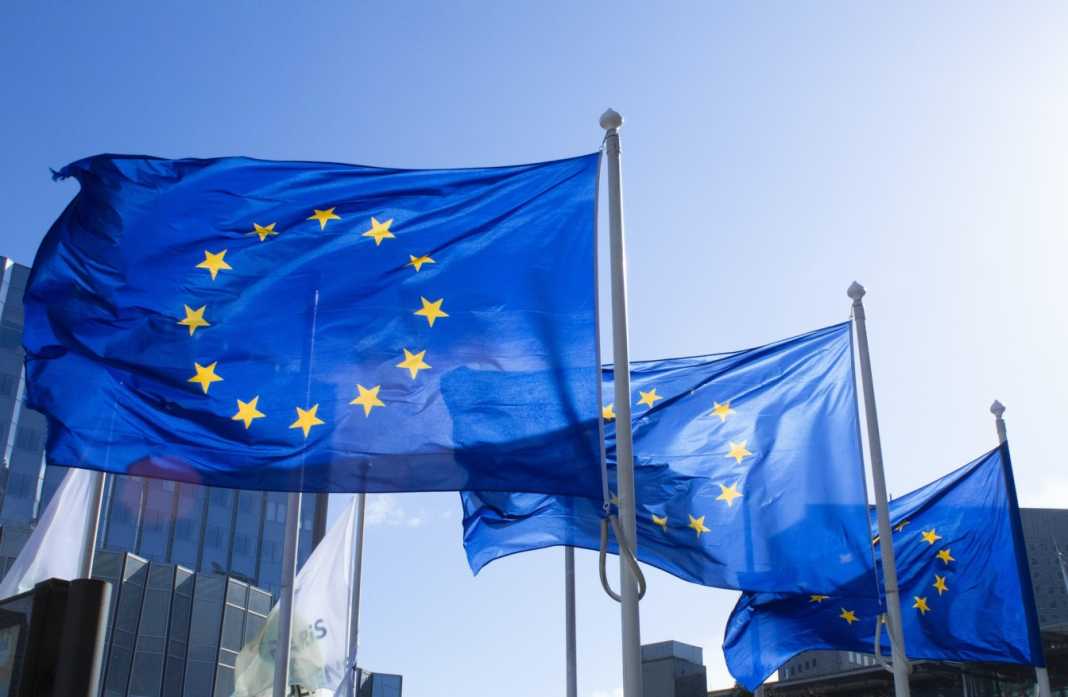The European Union (EU) is a political and economic union comprised of 27 member countries located in Europe. It was established with the aim of promoting peace, stability, and economic cooperation among its members, and has since become one of the most influential international organizations in the world. The EU’s origins can be traced back to the aftermath of World War II, when European leaders sought to prevent future conflicts and foster closer ties between nations.
One of the EU’s primary objectives is to create a single market, known as the European Single Market, which allows for the free movement of goods, services, capital, and people within its member states. This integration has facilitated trade and economic growth, benefiting both businesses and consumers. Additionally, the EU has established a common currency, the euro, which is used by 19 member countries. The euro has promoted further economic integration and has become one of the major global currencies.
Beyond economic cooperation, the EU also plays a significant role in shaping policies related to various issues such as agriculture, fisheries, environmental protection, consumer rights, and regional development. It has established a range of institutions to manage its affairs, including the European Commission, the European Council, the European Parliament, and the Court of Justice of the European Union. These institutions work together to formulate legislation, implement policies, and ensure the democratic functioning of the union.
The EU has also expanded its responsibilities beyond its member states. It actively engages in foreign policy, working to promote peace, human rights, and democratic values globally. The EU has been involved in various international conflicts and crises, providing humanitarian aid, facilitating negotiations, and deploying peacekeeping missions. It also engages in trade negotiations with other countries and regions to promote global economic cooperation.
Membership in the EU is based on certain criteria, including adherence to democratic principles, respect for human rights, and the ability to adopt and implement EU laws. Countries seeking to join the EU must go through a rigorous accession process, which involves meeting these criteria and negotiating terms of entry. This process has led to the enlargement of the EU over time, with countries such as Poland, Hungary, and Romania joining in the 2000s.
However, it’s important to note that the EU has faced challenges and criticism as well. Some argue that the EU’s bureaucracy is overly complex and that decision-making processes can be slow and cumbersome. There have also been debates over the balance between national sovereignty and supranational governance within the EU. In recent years, issues such as migration, economic inequality, and the consequences of Brexit have presented significant challenges to the union.
Despite these challenges, the European Union remains a unique and influential organization that continues to shape the political, economic, and social landscape of Europe. It serves as a platform for cooperation, dialogue, and integration among its member states, contributing to peace, stability, and prosperity in the region and beyond.


